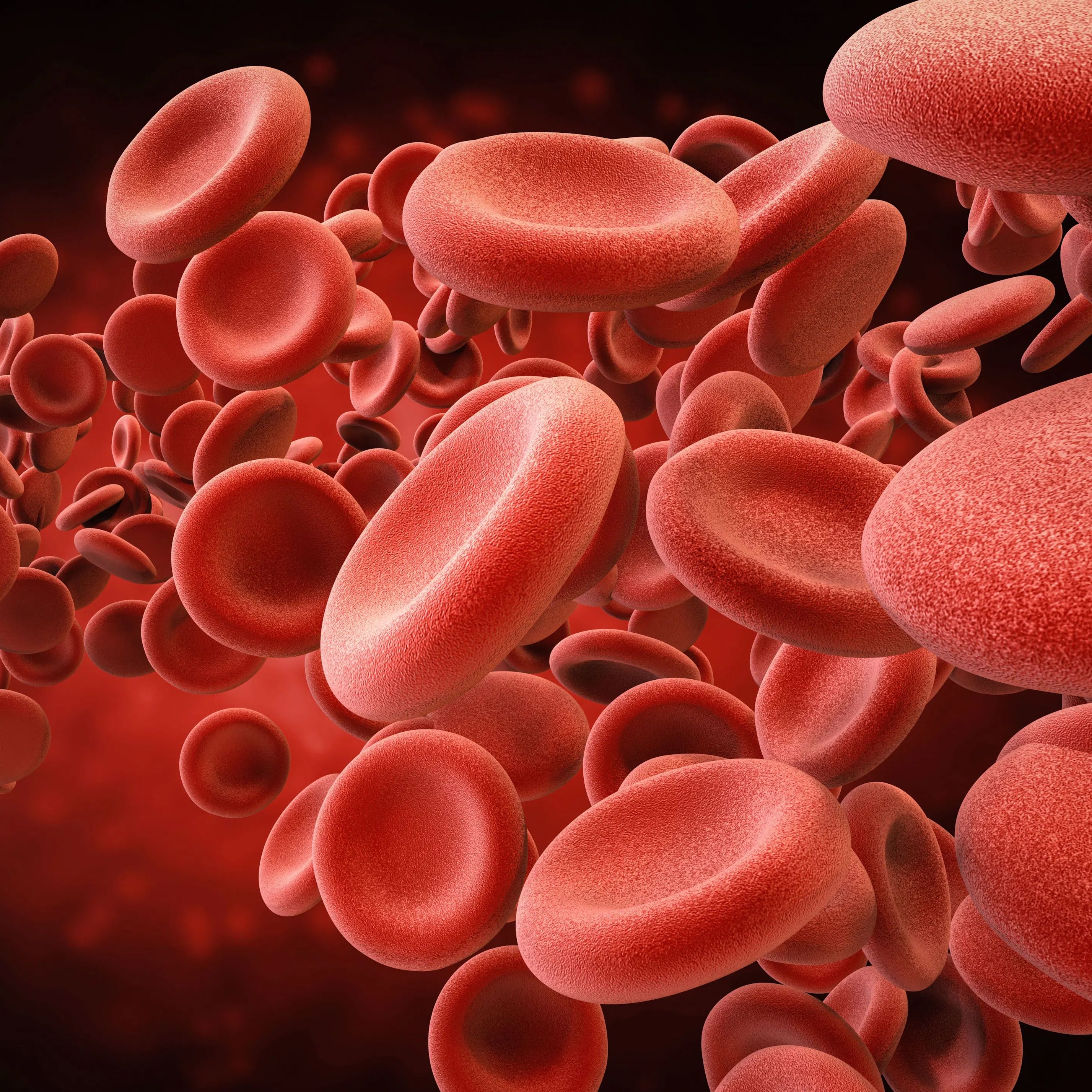News
Article
Vitamin D Intake Linked to Improved Anemia in End-Stage Renal Disease Patients on Hemodialysis
Author(s):
Hemoglobin concentration increased more among patients receiving vitamin D supplementation than the placebo group in a recent study.
Credit: Unsplash

Vitamin D supplementation is associated with an improvement in anemia among patients with end-stage renal disease (ESRD) on hemodialysis who have a vitamin D deficiency, according to a new study.1
Vitamin D deficiency is common in chronic kidney disease (CKD) and patients with dialysis. For dialysis patients specifically, dietary restrictions and lack of sunlight impacts vitamin D levels.2 According to a previous study, 84% of hemodialysis patients with a vitamin D deficiency did not get enough sun exposure.3 Earlier research had shown that vitamin D protects against many chronic diseases, such as CKD-associated anemia.
A new study, led by Sameh Mohamed Emara, MD, of the department of nephrology at Armed Forces Hospital in Alexandra, Egypt sought to further bridge clinical understanding of the relationship between vitamin D intake and anemia.1
“Interest has been growing in the pleiotropic health benefits of vitamin D, including its immunomodulatory and anti-inflammatory actions, which can ameliorate the chronic inflammatory status that is highly prevalent in patients with CKD and particularly in those with ESRD on HD,” the team wrote.
While the investigators already knew that patients on hemodialysis may suffer from anemia and vitamin D deficiency, Emarah and colleagues conducted a double-blind, randomized, controlled study to see if taking vitamin D would improve anemia in such patients.
Before the study, all patients with ESRD were tested for hemoglobin (Hb) concentration, and the people who had a measured Hb between 8 and 11 g/dL were included in the study. Inclusion criteria required that participants were 18 – 70 years old, had been on hemodialysis for over 3 months, and had a vitamin D deficiency (25(OH)D from 10 to 30 ng/mL).
Patients were excluded from the study if they had serum calcium levels over 9.5 mg/dL, serum phosphorus levels over 5.5 mg/dL, PTH levels over 600 pg/mL, iron deficiency anemia, patients prescribed medications that could affect their Hb level (for example, immunosuppressant drugs).
The team divided patients into 2 groups: the vitamin D group and the placebo group. The vitamin D group had 50,000 IU monthly for 6 months and the other group received a placebo for the same time frame. At the beginning and end of the study, the team measured 25-Hydroxyvitamin D (25(OH)D) levels. Also, they recorded Hb concentrations each month.
In addition to the vitamin D and the placebo intake, every patient received 3 hemodialysis sessions per week, 4 hours long with a blow flow rate of 300-500 mL/min. Patients also received intravenous short-acting erythropoietin throughout the study.
The investigators found that Hb concentration increased more in the vitamin D group than the placebo group, with a statistically significant difference. While the vitamin group started off just under 10 g/ dl at baseline for hb levels and ended at just nearly 11.5 hb after 6 weeks, the placebo started under 10 g g/dl at baseline and stayed at roughly the same level 6 weeks later.
The vitamin group also had significantly lower EPO dosage requirements than the placebo (P >.001).
Moreover, during the study vitamin D supplementation significantly rose 25 (OH) D levels in the vitamin D group more than the placebo group. (P >.001). Serum ferritin, serum iron, and transferrin saturation did not have a significant difference between vitamin D group and placebo group.
“Potential strengths of this study include its interventional and prospective nature to recapitulate that vitamin D supplementation increased Hb concentration more than placebo over time and that there was a statistically significant difference between the two groups in all durations of follow-up,” the investigators wrote.
References
- Emarah SM,Ahmed MAER, El Kannishy GM, Abdulgalil AE.Effect of vitamin D supplementation on management of anemia in hemodialysis patients with vitamin D deficiency: A double-blind, randomized, controlled trial. Hemodialysis International. 2023. https://doi.org/10.1111/hdi.13121
- Jean G, Souberbielle JC, Chazot C. Vitamin D in chronic kidney disease and dialysis patients. Nutrients. 2017;9(4):328.
- Del Valle E, Negri AL, Aguirre C, Fradinger E, Zanchetta JR.Prevalence of 25(OH) vitamin D insufficiency and deficiency in chronic kidney disease stage 5 patients on hemodialysis. Hemodial Int. 2007;11:315–21.





